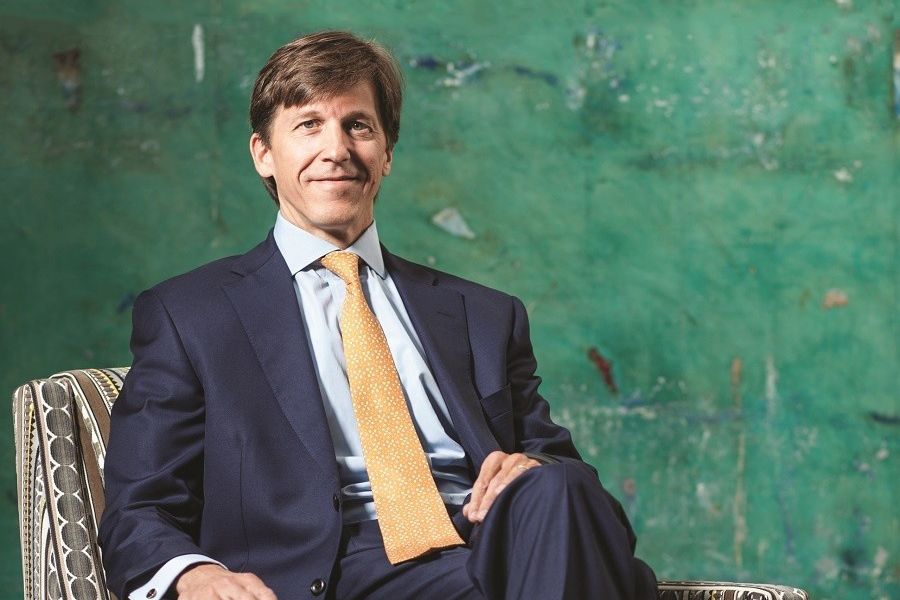FPA welcomes conference attendees with #MeToo notice

Annual meeting includes new harassment policy aimed at avoiding uncomfortable situations.
Attendees of the Financial Planning Association’s annual conference in Chicago this week were greeted at registration with a sobering reminder of the times in which we live, in the form of a card detailing the conference harassment policy.
The FPA’s formal policy comes a year after the XY Planning Network broke ground with an official harassment policy. The FPA notice plays on the #MeToo movement by pairing the policy with the social media tag #MeetingsToo.
Like the XYPN policy, which was launched a few months before high-profile sexual harassment and assault charges sparked accusations involving Harvey Weinstein, the FPA policy comes during a second wave of concerns involving U.S. Supreme Court nominee Brett Kavanaugh.
While both policies are in some ways pegged to various forms of sexual harassment allegations, the policies make clear that the intolerance is for all manners of harassment.
The FPA’s goal of providing a “harassment-free conference experience” covers “everyone, regardless of gender, gender identity and expression, sexual orientation, disability, physical appearance, body size, race, age or religion.”
(More: It’s time to speak up about sexual harassment in the workplace)
Like the XYPN policy, the FPA provides a means of reporting harassment, and threatens to sanction and expel attendees from the conference.
Lauren Schadle, executive director of the FPA, said the association is not responding to a specific problem or pattern of harassment, but that the FPA wanted to “be proactive” and “put a flag in the ground.”
Harassment policies are “fast becoming a best practice in the meetings industry,” she added.
Unlike the XYPN policy, which has been discussed during opening keynote sessions of the past two national conferences, the FPA policy was introduced in a more subtle form as pocket-sized card handed out as attendees check into the event.
“I didn’t know anything about it until I got here,” said Emily Purdon, senior associate financial planner at Sullivan Bruyette Speros & Blayney.
Ms. Purdon, 24, has been in the financial planning business for three years, and she serves as director for NexGen at the FPA’s Washington, DC, regional chapter. Ms. Purdon said she hasn’t experienced harassment at FPA functions, though she has had some “uncomfortable experiences” at other industry events.
“Finance is obviously a traditionally male-dominated industry, so I feel safer knowing that this policy exists, but this is not something I feel like I was made aware of the way we’re made aware of other policies,” she said.
Michael Kitces, co-founder of XYPN, credits the FPA with getting on board.
“Last year, after we rolled out the first formal anti-harassment policy, we were proactively encouraging other organizations to adopt a similar policy,” he said. “With XYPN and now FPA adopting a formal policy, will the other membership associations step up and adopt something similar for their conferences and events, too?”
Learn more about reprints and licensing for this article.








